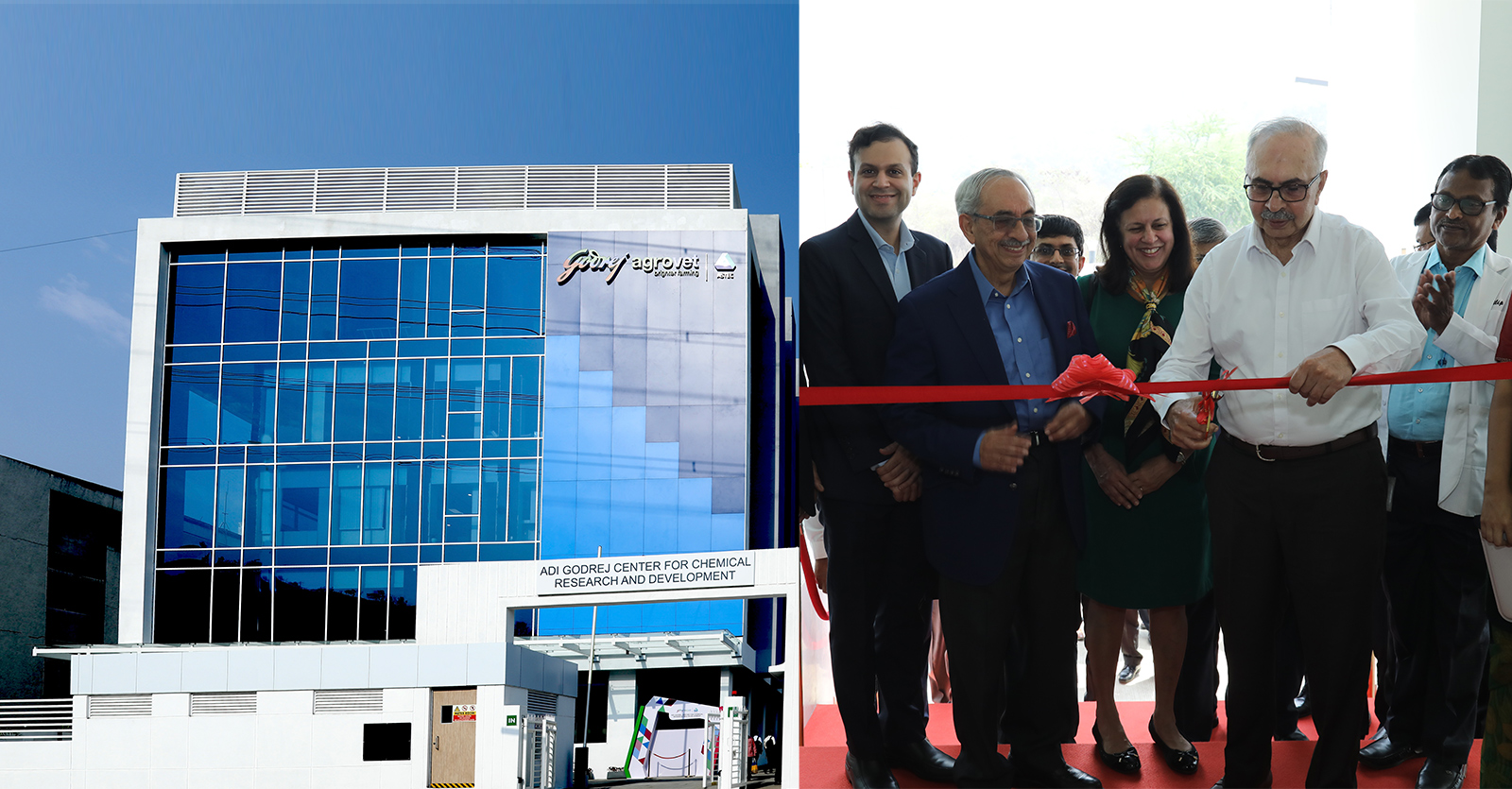
Research and development has been a vital element in developing the agile, collaborative and reliable business partnership model at Astec Life Sciences that customers have come to trust.
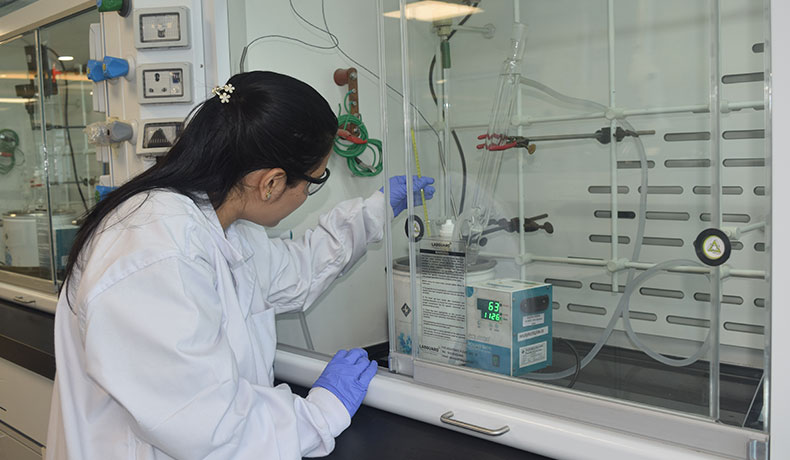
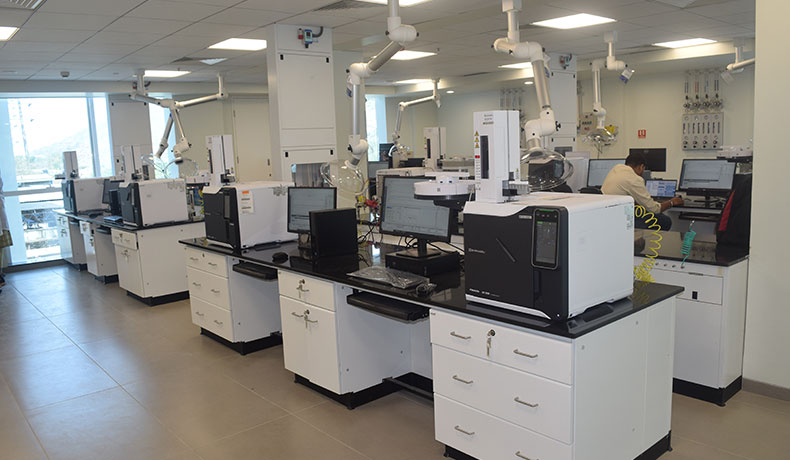
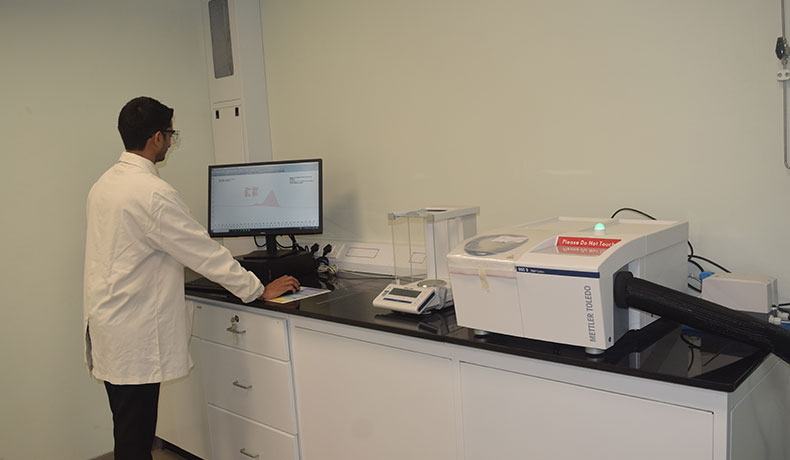
Specialized equipment in the Process Safety lab include
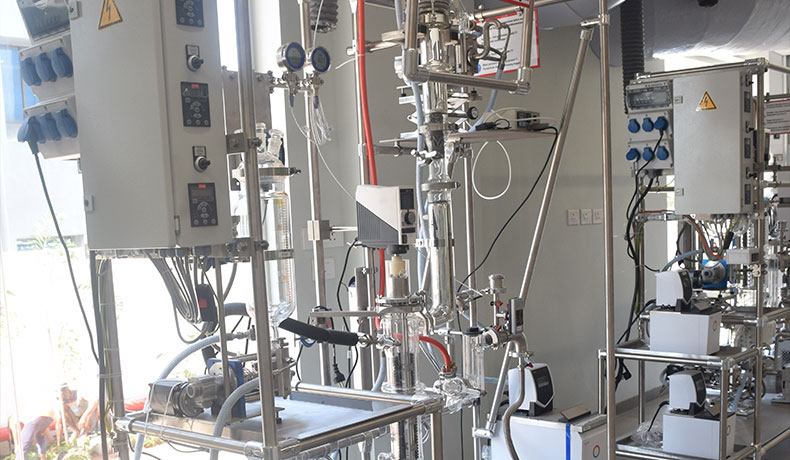
Specialized equipment at Kilo labs include
Flow Chemistry Labs
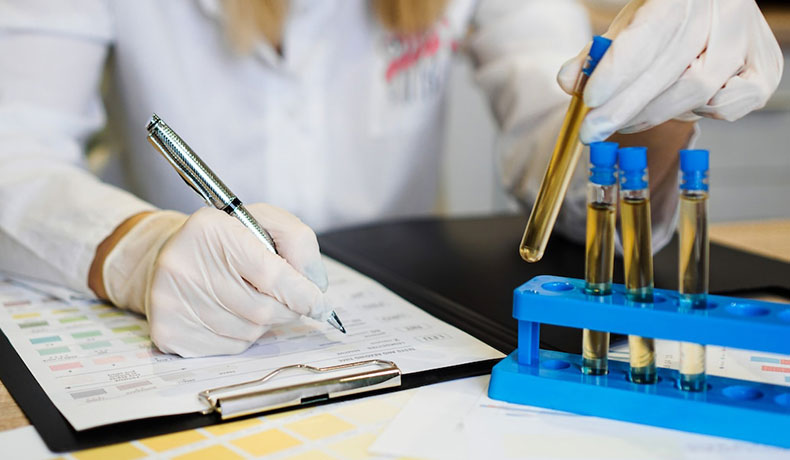
Equipment’s available to develop all types of formulations.
In addition, our pilot plant facility offers a variety of reactors in volumes as small as 63 litres, and as large as 1,000 litres, along with a pressure reactor of 50 litres. The pilot plant also hosts centrifuges, an Agitated Nutch Filter Dryer (ANFD), driers, and distillation set-ups containing diverse packing materials and various theoretical plate numbers to study engineering details related to commercialisation.
With this infrastructure, we are ready to be a partner of choice for our customers, as their process and innovation needs evolve to meet future demand in the global chemicals industry.